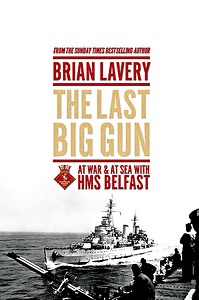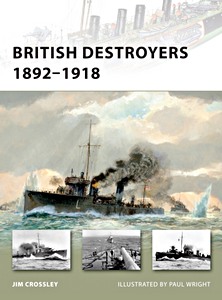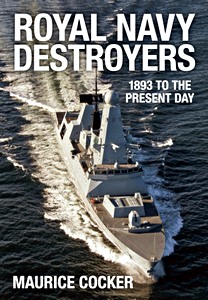HMS Belfast: Cruiser 1939
HMS Belfast, originally a Royal Navy light cruiser, is now permanently moored on the Thames in London. One of ten Town-class cruisers she saw service on the icy Arctic convoys during the Second World War and was also present for the bombardment of the D-Day beaches in 1944. Later, she saw service during the Korean War.
Written by experts and containing more than 200 specially commissioned photographs, this title takes the reader on a superbly illustrated tour of the ship, from bow to stern and deck by deck. Significant parts of the vessel - for example, the gun turrets and engine rooms - are given detailed coverage both in words and pictures, so that the reader has at hand the most complete visual record and explanation of the ship that exists. In addition, the importance of the ship, both in her own time and now as a museum vessel, is explained, while her design and build, and her career prior to exhibition are all described.
Caractéristiques
| Auteur : | Richard Johnstone-Bryden |
|---|---|
| Présentation : | 128 pages, 24.5 x 17.5 x 0.8 cm, broché |
| Illustration : | 200 en couleurs et N&B photograph et dessins |
| Langue : | anglais |
| Editeur : | Seaforth Publishing (GB, 2013) |
| ISBN : | 9781848321557 |

HMS Belfast: Cruiser 1939
Langue : anglais
Voir prix, disponibilité et avis sur Amazon
Acheter sur Amazon FRVoir sur Amazon BE
Acheter sur Amazon CA






